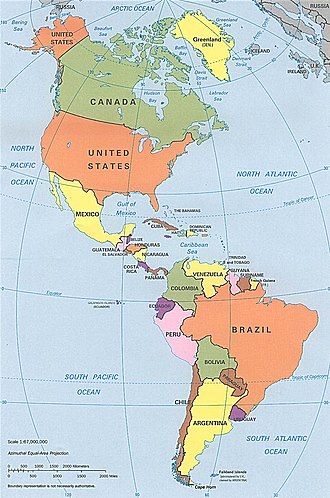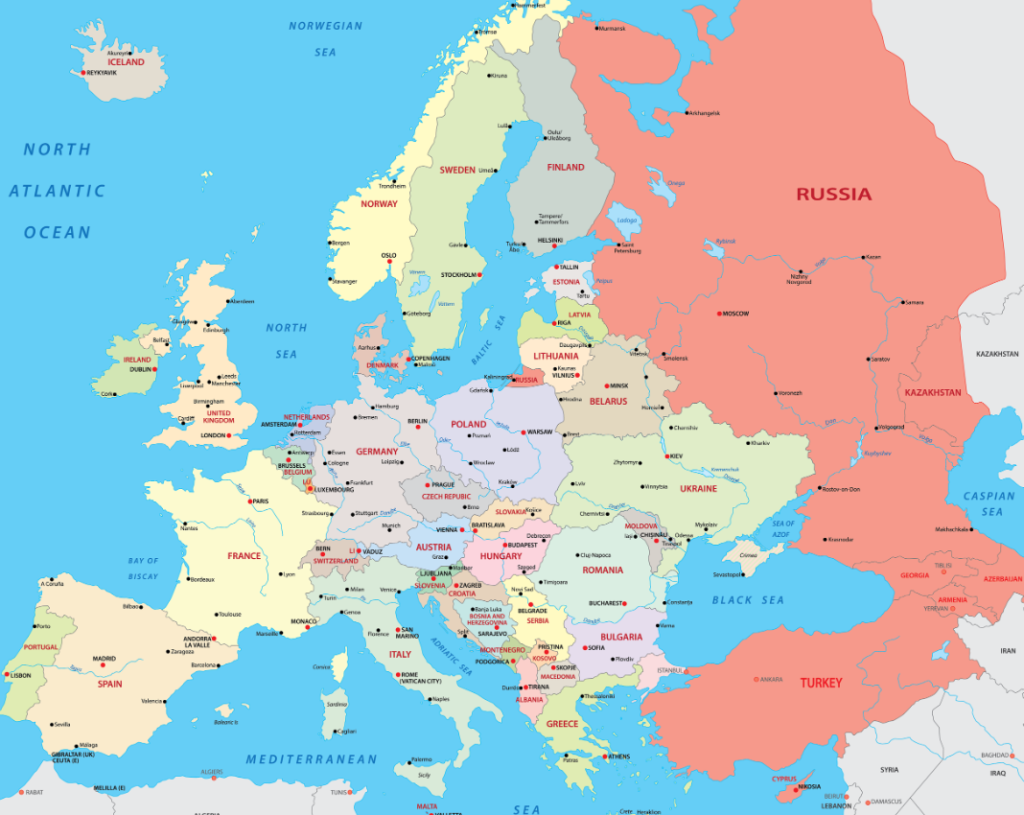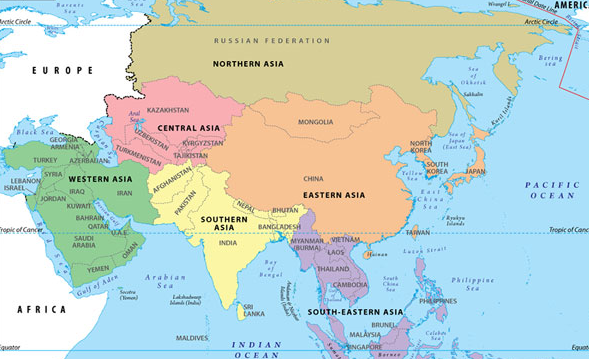English is the primary language in around 67 countries. It is a secondary language or less spoken in an estimated 27 other territories. Approximately 1.53 billion people speak English worldwide, either as a native or a second language.
The United States has the largest number of English speakers of any country worldwide. Approximately 78% of the people in the U.S. speak only English, which means 350 million people use the English language for communication.
In this guide, we will go more deeply into the details of the countries where the English language is spoken mostly.
English Speaking Countries Worldwide: Top Picks (2025)
- Around 1.53 billion people speak English as either a first or second language.
- As of 2025, approximately 400 million people speak English as their first language.
- English holds official language status in 67 sovereign states and 27 non-sovereign entities.
- 186 countries include English as part of their core curriculum. Meanwhile, 40 other countries offer it as an optional course.
Countries Where English Dominates: The Big Four
Four countries lead the world in total English speakers, creating what linguists call the “core Anglosphere”:
- United States: Approximately 320 to 350 million English speakers make America the largest English-speaking nation globally.
- India: 265 million people speak English, making it the second-largest English-speaking population worldwide.
- Nigeria: There are around 95 million English speakers; this West African nation is a major player in the global English community.
- United Kingdom: Around 60 million English speakers represent the language’s birthplace and cultural center.
Source: World Population Review
Countries Speaking English In 2025: Demographics
Discover how many countries speak English worldwide with our comprehensive list of English-speaking nations on each continent. Keep reading to find out!
1. English Speaking Countries In North & South America
In North America, the United States and Canada are the top English-speaking countries. Gyuana, on the other side, is the only country where English is the official language.

Most of Canada’s population is bilingual, speaking both English and French. The e-learning stats industry generates most of its revenue from the United States, primarily because the US is one of the most English-speaking countries.
Countries that recognize English as their official language are:
| Country | Percentage of the population that speaks English |
| United States | 78% |
| Canada | 76.1% |
| Belize | 62.9% |
| Guyana | 90% |
| Bermuda | 96.92% |
| Falkland Islands | Unknown |
| Puerto Rico | 48.61% |
| Jamaica | 97.64% |
| Antigua and Barbuda | 80% |
| Anguilla | 92.31% |
| Bahamas | 87.13% |
| Barbados | 93.91% |
| British Virgin Islands | 86.96% |
| Cayman Islands | 76.6% |
| Sint Maarten | Unknown |
| Dominica | 94.03% |
| Grenada | 90.91% |
| Saint Kitts and Nevis | 78% |
| Saint Lucia | 43.03% |
| Saint Vincent and the Grenadines | 95% |
| Turks and Caicos Islands | Unknown |
| Trinidad and Tobago | 87.74% |
| US Virgin Islands | 95.97% |
Sources: U.S. Census Bureau, World Atlas
2. English Speaking Countries in Europe
A study by the Eurydice network concluded that approximately 90% of European schoolchildren learn English at some point during their primary education. But that doesn’t mean they’re proficient in English as they grow up.

Several European countries and territories speak English chiefly and recognize it as their official language. They are listed below:
| Country | Percentage of the population that speaks English |
| Wales | 99% |
| Isle of Man | 99.93% |
| Scotland | 98.6% |
| Ireland | 98.37% |
| England | 92% |
| Malta | 62.39% |
| Gibraltar | 100% |
3. English Speaking Countries in Africa
Most African countries have several official languages, and South Africa alone has eleven official languages; other than these, various languages and dialects are used in the country.

Many African countries, such as Botswana, have made English their official language, but a minority of their population speaks and uses it on a daily basis. In Ethiopia and Eritrea, English is widely used, although it is not officially recognized as a language.
So, Countries that identify English as their official language and a big part of the population speaks it too are listed below:
| Country | Percentage of the population that speaks English |
| South Africa | 31% |
| Nigeria | 86.42% |
| Mauritius | 15.97% |
| Botswana | 38.42% |
| Cameroon | 38% |
| Gambia | 2.34% |
| Ghana | 66.67% |
| Kenya | 18.83% |
| Lesotho | 27.86% |
| Liberia | 82.87% |
| Namibia | 17.24% |
| Malawi | 3.88% |
| Seychelles | 37.63% |
| Sierra Leone | 83.53% |
| Swaziland | 48.2% |
| Tanzania | 9.89% |
| Rwanda | 15% |
| Uganda | 89.9% |
| Zambia | 16% |
| Zimbabwe | 82.07% |
4. English Speaking Countries in Asia
English is one of the most spoken languages on the continent. However, several countries still need to identify English as their official language, even though most of the population is proficient in it and uses it daily.

Below is a list of countries where English is the official language:
| Country | Percentage of the population that speaks English |
| Singapore | 83.10% |
| Philippines | 58.2% |
| Pakistan | 49% |
| Brunei | 39.07% |
| India | 12% |
Note that in some of these countries, even though English is listed as an official language, it is mainly used for official and educational purposes.
5. English Speaking countries in Oceania
Like the USA and the UK, Australia does not recognize English as its official language, even though it is widely used daily. Countries that follow this practice include the Cook Islands and American Samoa. In New Zealand, English is both the official and the chiefly used language.
The Countries listed below have officially listed English as their official language, even though it is not the primary language used by the masses.
| Country | Percentage of the population that speaks English |
| Australia | 92.80% |
| New Zealand | 97.82% |
| Cook Islands | 19.80% |
| Fiji | 20.62% |
| Guam | 91.09% |
| Kiribati | 24.21% |
| Marshall Islands | 98.33% |
| Micronesia | 57.66% |
| Nauru | 96.67% |
| Northern Mariana Islands | 83.33% |
| Palau | 92.50% |
| Papua New Guinea | 49.76% |
| American Samoa | 80.1% |
| Samoa | 49.86% |
| Solomon Islands | 31.68% |
| Tonga | 30% |
| Vanuatu | 83.55% |
The Pacific region shows a strong English presence, particularly in Australia and New Zealand, which form part of the core Anglosphere nations.
Related Read:
The Three Circles of English Usage
Linguist Braj Kachru developed a model that categorizes English usage into three distinct circles, helping explain the language’s global spread:
- Inner Circle: Countries where English serves as the primary native language, including the United States, the United Kingdom, Australia, Canada, and New Zealand. These nations set language standards and norms.
- Outer Circle: Nations where English functions as a second language with official status, such as India, Nigeria, the Philippines, and Singapore. These countries adapt English to local contexts.
- Expanding Circle: Countries where English serves as a foreign language for international communication, including China, Japan, Brazil, and most European nations.
Source: World Population Review
Future Projections for English Growth
Current trends indicate a continued global expansion of English usage. Developing nations are increasingly prioritizing English education to participate in the worldwide economy. Technology platforms and international business requirements drive this growth.
Demographic projections suggest that countries like India and Nigeria, with their young populations and expanding economies, are likely to increase their English-speaking populations significantly by 2030.
The digital revolution has further accelerated the adoption of English, as most programming languages, online platforms, and international communication tools operate primarily in English.
Conclusion: Approximately 67 Countries Speak English In 2025
English connects people worldwide through 67 countries, plus 27 other territories. About 1.53 billion people use English daily for work, school, and communication.
The United States leads with 350 million speakers, followed by India with 265 million speakers. Nearly 400 million people speak English as their first language.
This data proves that English is the most important language for global business, education, and connecting people from different cultures around the world.
Frequently Asked Questions:
Approximately 1.53 billion people worldwide speak English, but the majority of them have a different native language. Approximately 360 people speak English as their first language.
Although the United States of America doesn’t identify English as an official language, with a population of approximately 317 million English-speaking people, the country has the largest number of English speakers.
The United Kingdom, Australia, Canada, New Zealand, and Ireland are major countries where English is the official language. In addition, India has nearly 265 million people who speak English. Singapore and South Africa also have a large number of English speakers.
Although English is not an official language in countries such as Germany, the Netherlands, and Norway, many people still speak English in these countries. Recent surveys have shown that more than 20 million people in Germany have working English knowledge.
